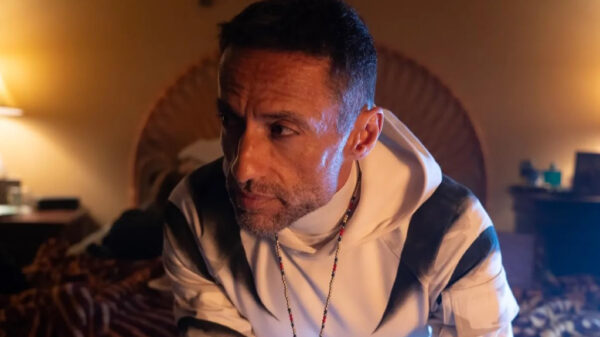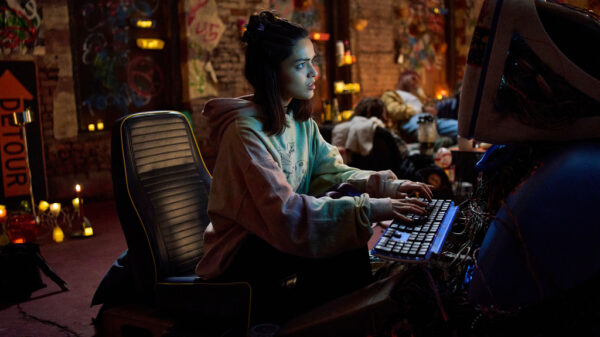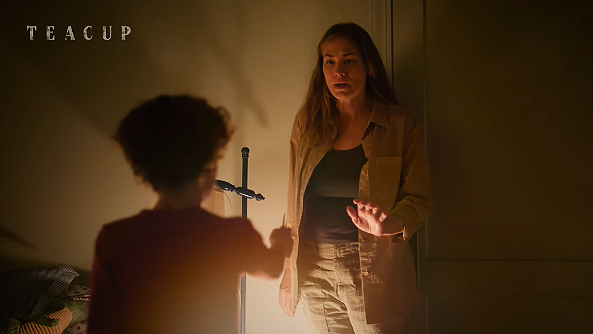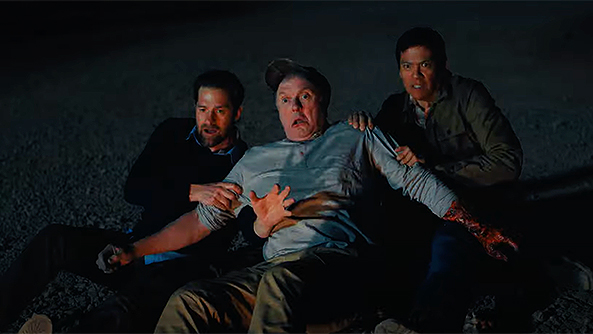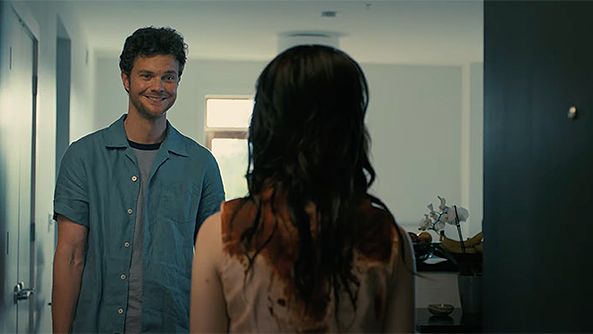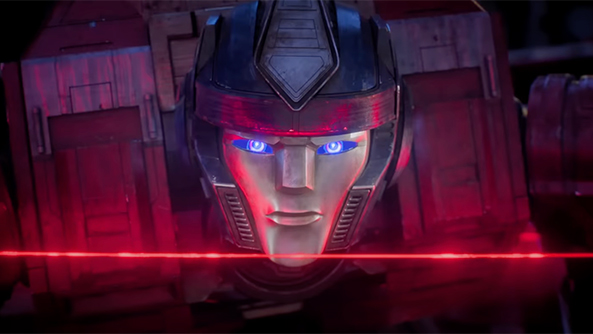From the minute it was announced that Denis Villeneuve of “Arrival” and “Blade Runner 2049” fame would be taking on the Herculean task of adapting Frank Herbert’s legendary novel “Dune” for the screen, science fiction fans were salivating to see it. Even before the pandemic, the hype for this long-awaited epic was out of control. Now that it’s here, does Dune deliver?
After winning the rights to mine a valuable material called spice from the desert planet of Arrakis, House Atreides, led by Duke Leto (Oscar Isaac, “Ex Machina”), his wife Jessica (Rebecca Ferguson, “Mission: Impossible- Fallout”) and their son Paul (Timothee Chalamet, “Call Me By Your Name”), takes over the barren world, only to end up in a power struggle between the planet’s indigenous life, the Fremen, and the former owners of Arrakis, the Harkonnens, who are ensnared in a plot to control the destiny of the galaxy.
There’s no questioning the ambition behind Dune. Villeneuve and company clearly poured their heart and soul into every frame of this film and it shows onscreen. The fantastic cinematography, high production value, and artistic costumes make this a fully developed world not seen onscreen since “Avatar” and the all-star cast adds lots of depth to the roster.
Chalamet is a great choice for the multilayered Paul, as is Ferguson as his conflicted mother. Much has been made about Emmy winner Zendaya’s relatively small part, but she’s much more integrated into the storyline than others would have you believe. It’s “Guardians of the Galaxy’s” Dave Bautista who gets the short end of the screen time stick here, but Stellan Skarsgard, despite being caked in bulbous makeup, is a surprise standout as the menacing Harkonnen Baron and he ends up being perfectly cast.
That’s the good news about Dune. Here’s the bad: The title card announces that this is “Dune: Part One.” That’s right, you’re not getting the entire story of one of the most rich and developed science fiction worlds in memory. Even with its two-and-a-half-hour running length, this film feels incomplete and as if it’s biding time until Part Two comes along to fulfill the promise of its source material. That honestly would not be the film’s biggest problem if what was presented here was a compelling and intriguing setup for what was to come, but this entry has a few issues of its own beyond the abrupt ending.
Dune takes its sweet, sweet, sweet time getting started, with a good 45 minutes before House Atreides lands on Arrakis. Much of the action in the film comes in the last half hour and even then, it’s incredibly underwhelming, with much of a grand battle sequence occurring offscreen.
There’s nothing wrong with slow pacing in a film- I LOVED “Blade Runner 2049,” which was a very slow-paced film. But when your film exists to set up more, you need to hook new viewers beyond the world and cast. There isn’t much beyond that to chat about with your buddies after they’ve seen the film.
There’s another key error with this adaption: Not much is done to edit the rich landscape for new viewers. It’s clear that Dune was a huge influence on major sagas we know and love today, such as “Star Wars” and “The Matrix” in particular, and the reason I know that is because this film wears those tropes on its sleeve and feels 30 years too late as a result.
If you’re sick of hearing about a prophecy about a central savior figure, you’ll hate this movie. Not only that but there’s almost no softening the impact of the richness. In other words, lots of complex jargon and sci-fi terminology is thrown at you without much, if any, context. And hey, that works for fans of the book, but not for the legions of newcomers and casual film fans.
Try as it might, Dune is not the next “Star Wars” epic. Despite its high budget and superstar cast, it ends up being a trailer for Part Two and as a result, a massive disappointment as a Part One. While it’s not a complete failure, it’s likely to go down as a divisive experience for most of its large crowd.
Dune is now playing in theaters and streaming on HBO Max.
A native of Boise, Idaho, Bradley is a hardcore entertainment junkie whose interest span many different genres. Favorite shows include: The Originals, Agents of SHIELD, Daredevil, Jessica Jones, Silicon Valley and Powers.



